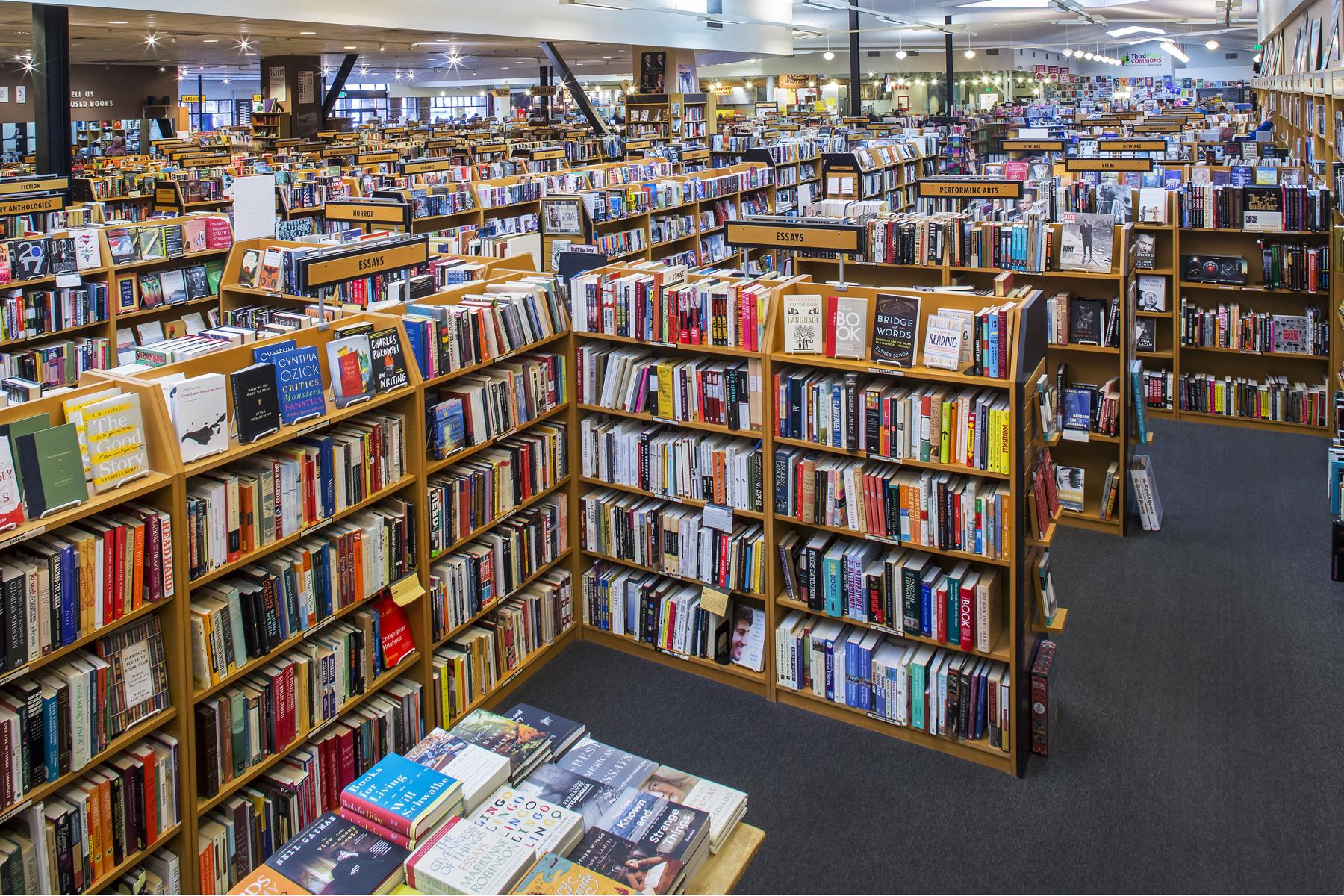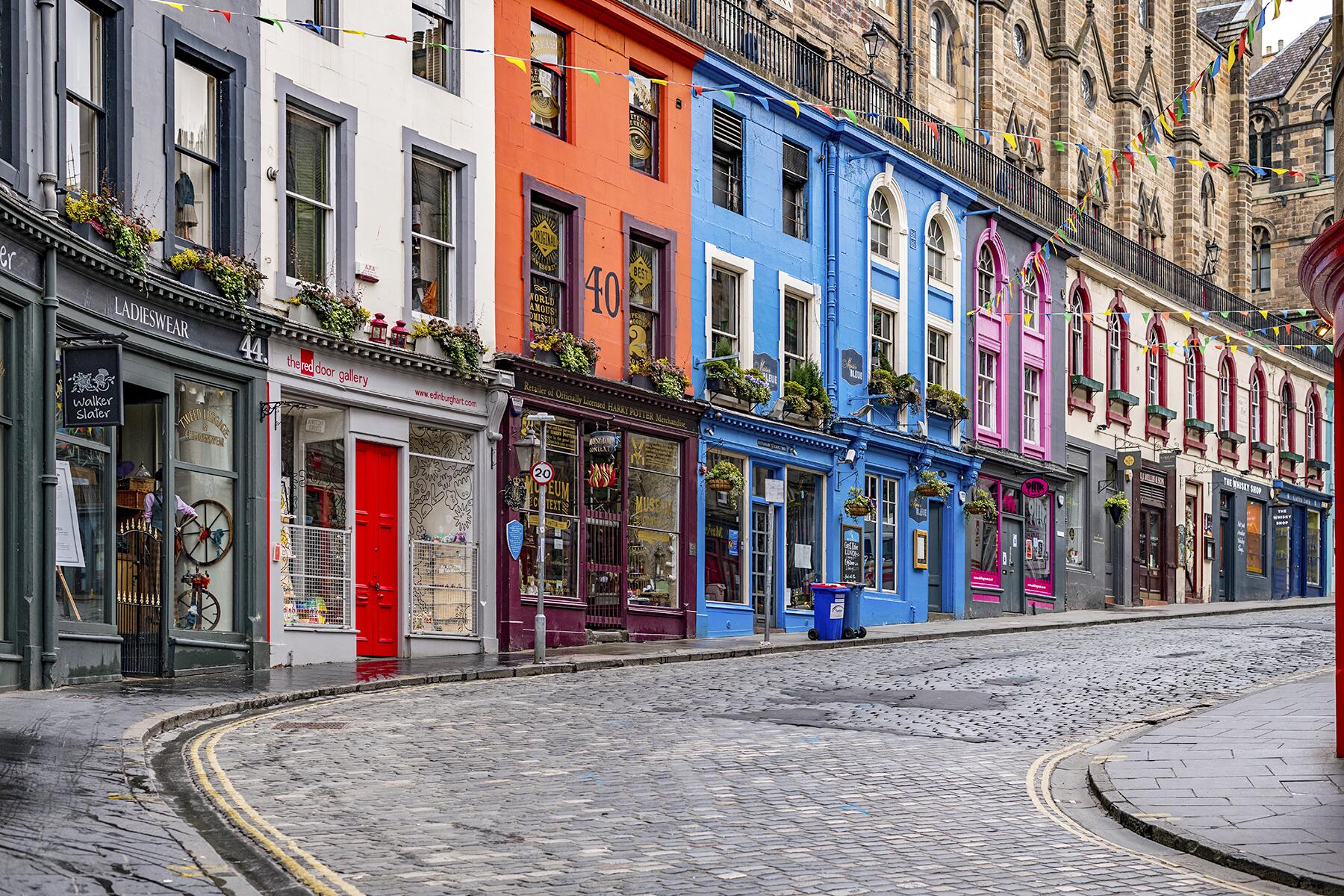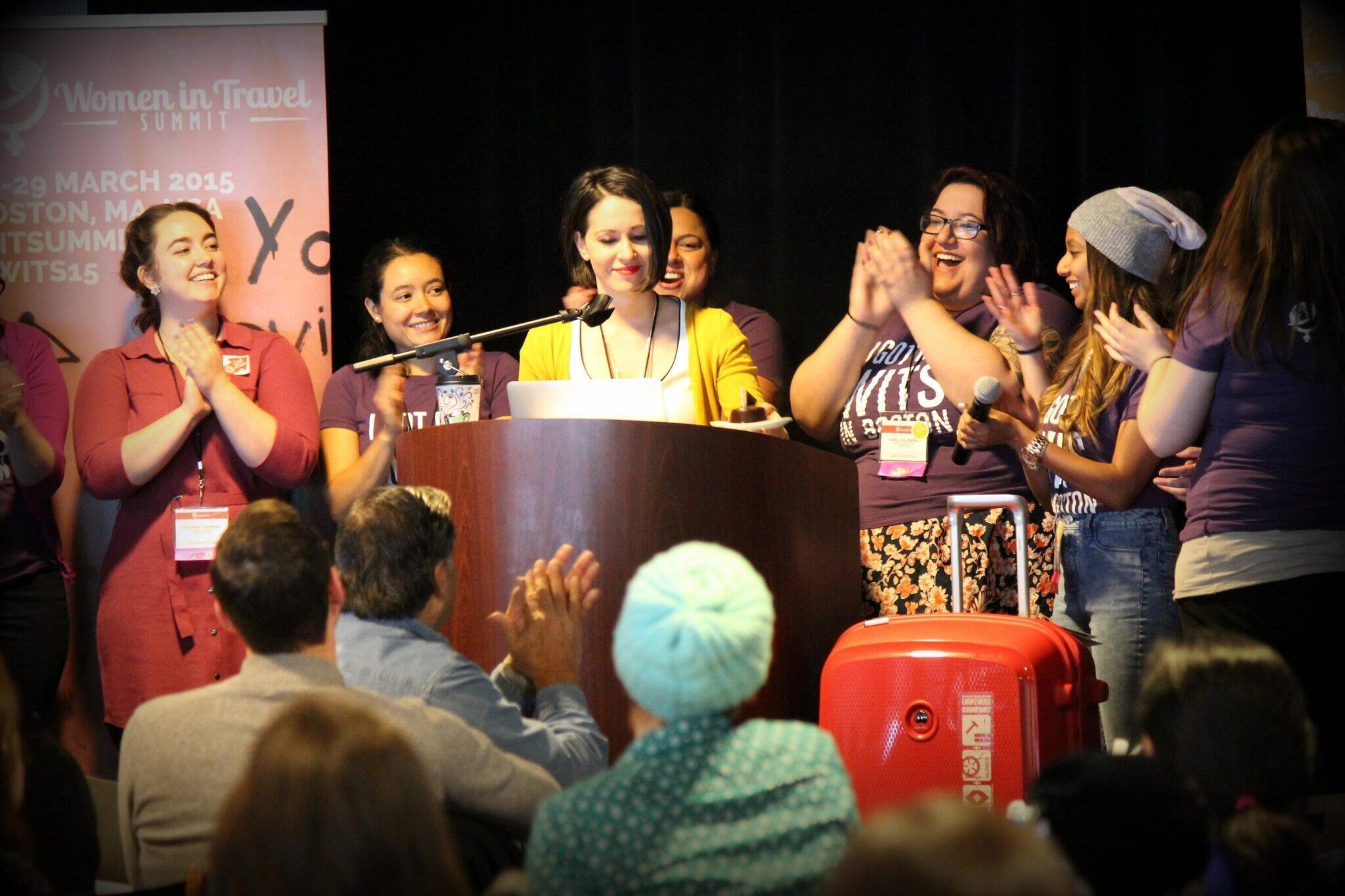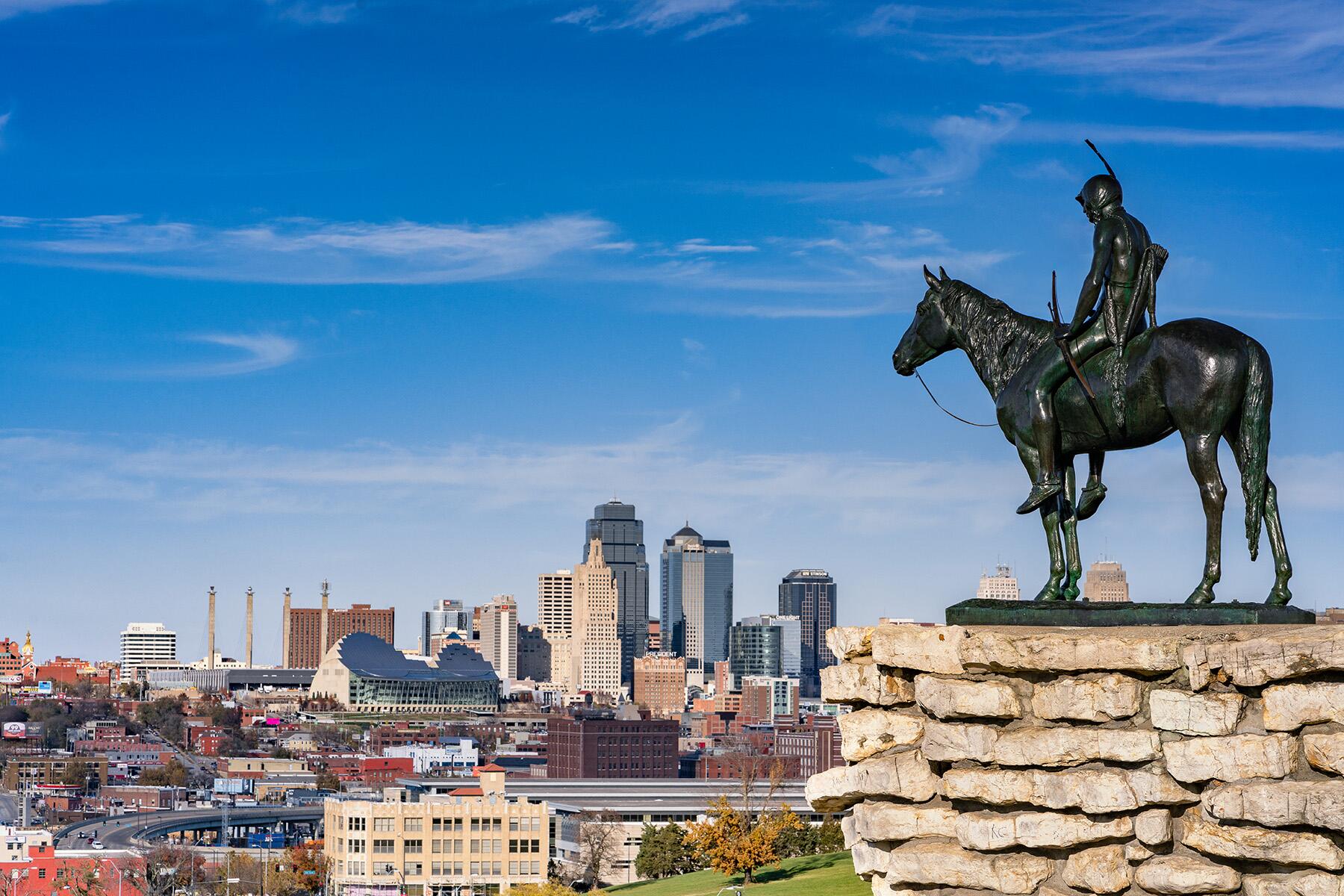A world where books are banned. A society where children fight to the death. A country where citizens are cloned. These are the scariest dystopian books, ranked.
One of the great joys of reading fiction is escaping into a new world where none of our everyday social conventions can control us. But have you ever stopped to think about your favorite dystopias and what it would be like to live in them? This list takes 10 of the best sci-fi and dystopian fiction books and ranks their worlds by which ones would be the worst to live in.




